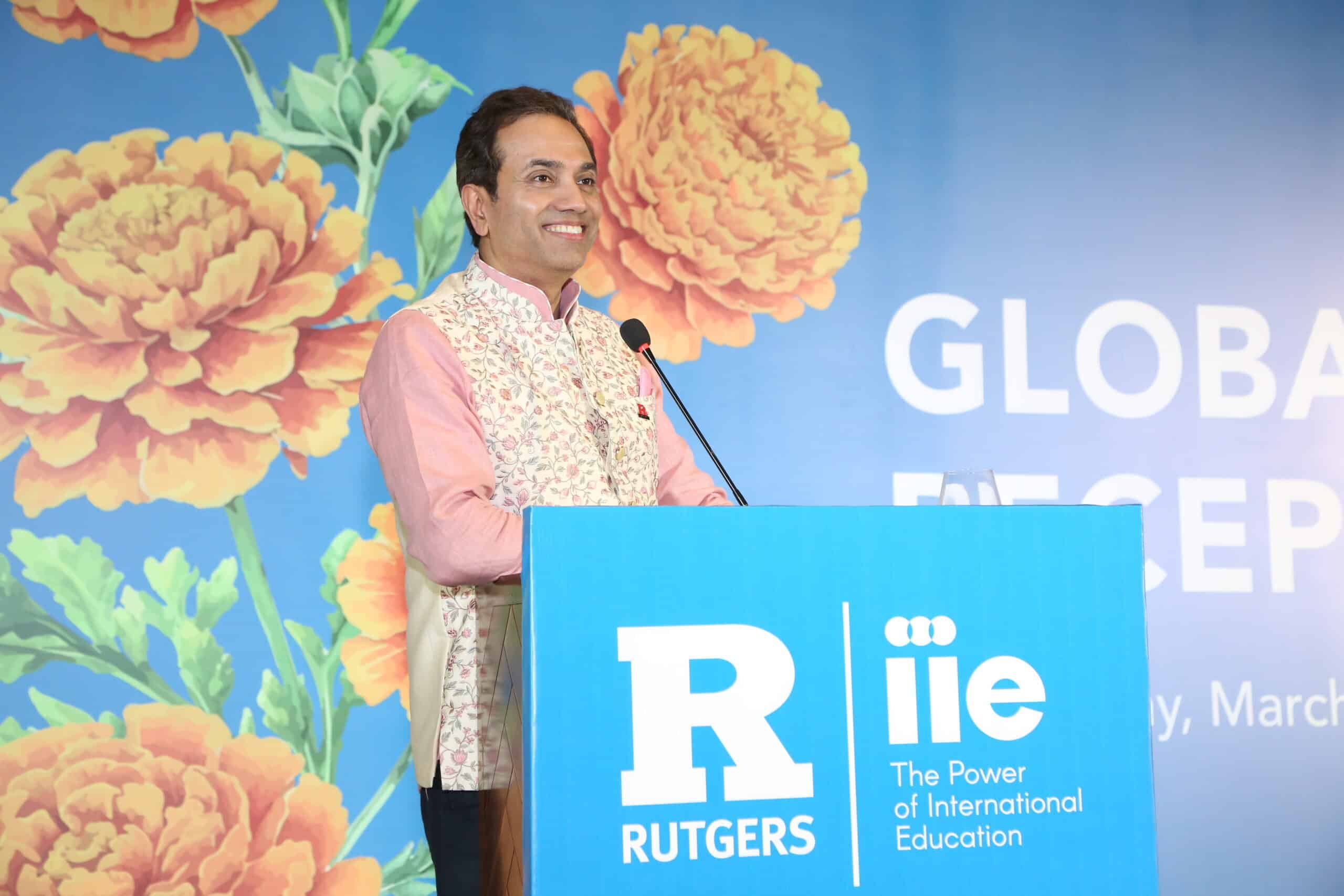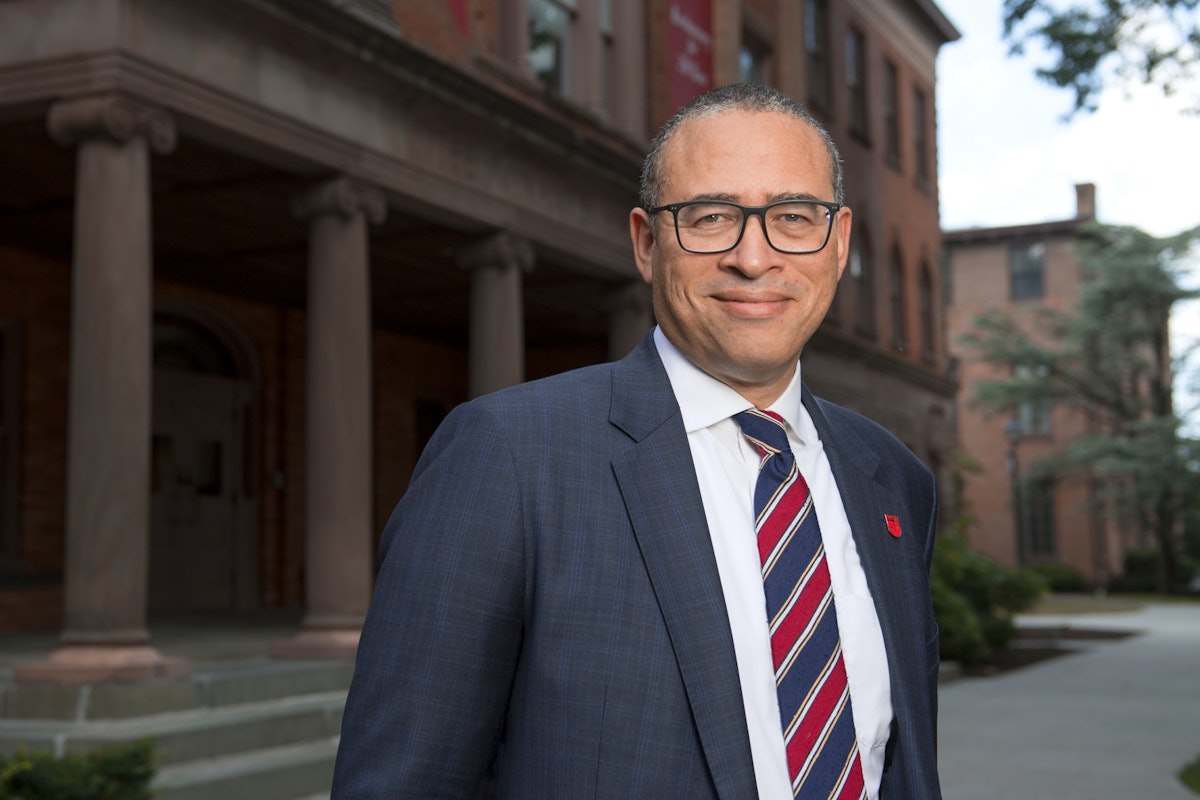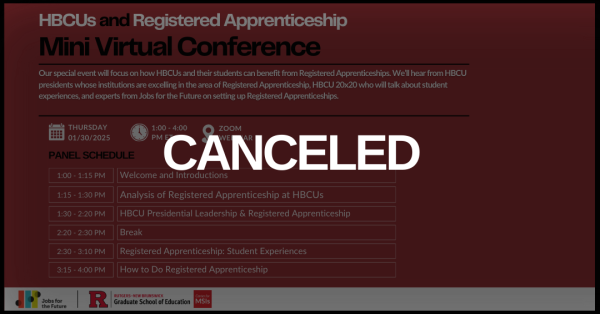Introduce yourself in three words or phrases.
I am an educator, an innovator, and a scholar.
What do you like most about your job?
Oh gosh, I love my job. I think what I really enjoy is the expanse, the scope, the landscape, it’s huge. I love that we are not just solving problems, we are actually defining them.
Best work trip/Worst work trip?
The best work trip? I have had so many good ones. This (APAIE 2025, Delhi, and overall India tour) has been a great work trip.
But I also had a fantastic trip to London with my foundation president. We went together and ran a workshop on “friend-raising”, instead of just fundraising, the idea is to build genuine relationships. UK universities were trying to learn it, and since US universities are a bit ahead in that area, we worked with them. That was really fun.
I also went to South Korea on a work trip. I love South Koreans, and I love the country, but they made me work so hard. The person who planned the trip, god bless her, packed the schedule so tight that I did not get even one hour of sightseeing.
It was a 14–15 hour flight to Seoul, and the trip ended up being the kind of hard work that South Koreans put in every single day.
If you could learn a language instantly, which would you pick and why?
Definitely Mandarin and Spanish. I was foolish enough to promise a class at the University of Puerto Rico that, “next time I visit, I promise I will give you the lecture in Spanish”, so it ain’t happening. But I do take pride in speaking multiple languages, I would say I am fluent in at least five. I even started learning Mandarin with Rosetta Stone (language learning software). I didn’t get too far, but I absolutely love how the language sounds.
What makes you get up in the morning?
I think what drives me is a genuine passion for the work. There’s just so much to be done.
As the chief academic officer at Rutgers, my role is about having a deep, self-aware understanding of the institution, in ways that few others might. While everyone else is focused on their specific responsibilities, I am constantly looking at the institution as a whole.
How do we stay true to our mission? How do we improve? How do we gain recognition? And how do we move the needle on our academic standing?
These are broad, complex challenges, but that’s what makes the work so meaningful.
Champion/cheerleader which we should all follow and why?
There are so many influential people now, and they each teach you something different. I have learned a lot from Kailash Satyarthi, Nobel Peace Prize winner, especially his approach to life.
For instance, I was really impressed by Jennifer Doudna after reading her biography, The Code Breaker, which is written by Walter Isaacson.
I am actually very intrigued by Isaacson himself, someone who writes about others so insightfully. He’s also written about Steve Jobs. The way he pieces together these stories is fascinating.
In The Code Breaker, what struck me was how science and research are portrayed as incredibly competitive fields. And yet, the breakthroughs often come in these magical, nonlinear moments, when the right people come together with the right tools, and suddenly, something clicks.
That idea of serendipity, of miraculous intersections, it really resonated with me. No one creates miracles alone; you need a village.
The book also shows how intensely competitive some of these research groups can be.
But more than anything, what stood out was the brilliance, the hard work, and the value of good observers, people who can see the bigger picture. I think we need more of those champions.
Best international ed conference and why
I think this is a very cool conference (APAIE 2025). I was walking around the booths, and was at a roundtable with several presidents and vice-chancellors. It’s really exciting because this is not what higher education looked like 20 or 30 years ago.
What you see here today is different countries like Canada, Hong Kong, Malaysia, the UK coming together. It’s like the whole world is showing up and saying, “Come be a part of us”.
Worst conference food/beverage experience
I was at a meeting at the World Biomaterials Congress, I think it was in Chengdu, China.
We went out to eat, and let’s just say where we ate you’re pretty much eating reasonably raw food. That was pretty challenging.
I mean I love Chinese food, I love Sichuan food, but that was challenging.
Book or podcast recommendation for others in the sector?
Definitely The Code Breaker by Isaacson, I would recommend that to people. I think it’s a pretty interesting book. If you are looking for something educationally oriented, then there’s Building Research Universities in India by Pankaj Jalote.
I’m very impressed with how he’s drawn on the research in terms of how things have changed over the last hundred years, how India’s research landscape has changed.
I am listening to a whole bunch of podcasts. Dementia Matters, a podcast about Alzheimer’s disease and other causes of dementia, is something I am really liking.




